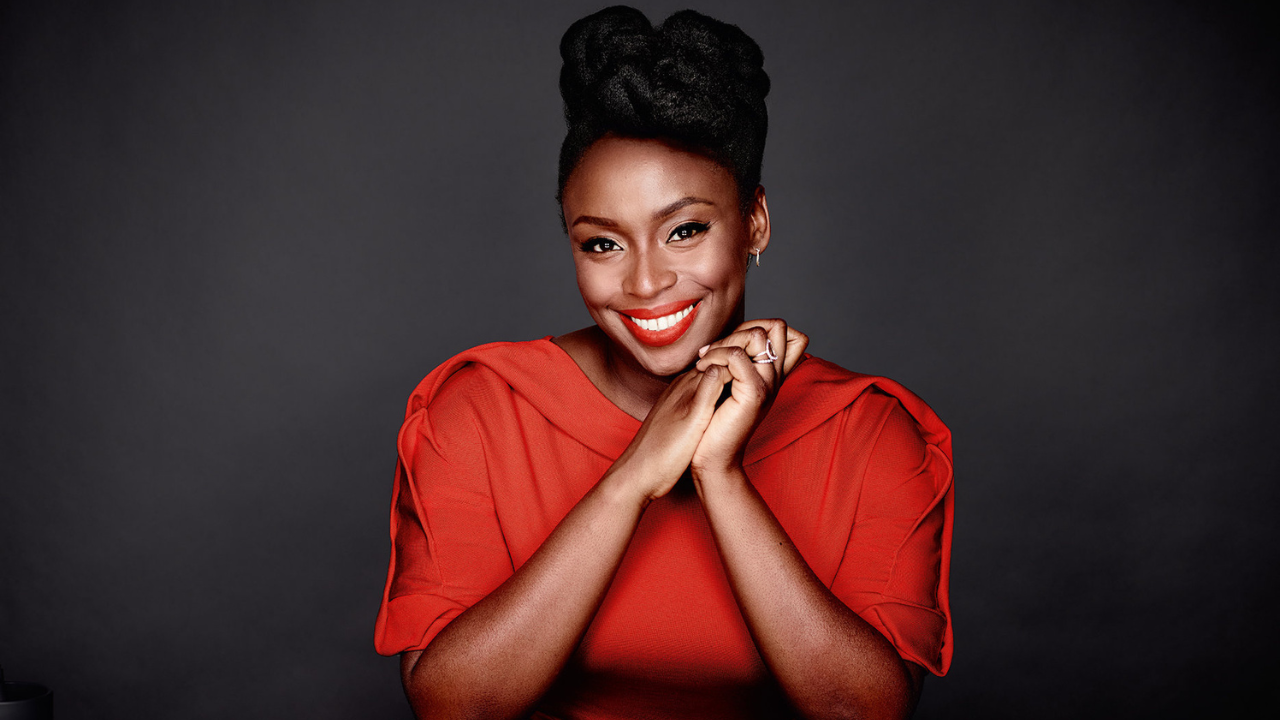Table of Contents

Chimamanda Ngozi Adichie, one of the most influential voices in contemporary literature, is known for her powerful storytelling and her ability to weave complex narratives that reflect the intricacies of culture, identity, and human experience. Through novels like 'Half of a Yellow Sun', 'Americanah', and her celebrated essay 'We Should All Be Feminists', Adichie has gained international recognition for her ability to tell stories that resonate with readers around the globe. But what sets her apart is not just her immense talent for writing, but her ability to draw inspiration from the everyday moments of life.
Also Read: Chuck Palahniuk’s Disturbing Inspirations: From Real-Life Crime to the Macabre
Adichie has often spoken about how her experiences, observations, and interactions shape her writing. Unlike many writers who may draw inspiration from grand events or exotic adventures, Adichie finds meaning in the simple, daily occurrences that others might overlook. From the conversations she overhears to her personal experiences of culture and identity, Adichie’s ability to find inspiration in the ordinary has shaped her unique voice as a writer.
Observing People and Conversations
One of Adichie’s greatest sources of inspiration is the people she encounters in her everyday life. Whether it’s the conversations she overhears on the streets or the interactions she witnesses at a café, Adichie has a keen eye for the way people communicate, connect, and navigate the world around them.
In interviews, she has often mentioned that eavesdropping is a tool she uses to gather insight into human behaviour. The snippets of dialogue, casual conversations, and sometimes even arguments that she overhears become a source of material for her characters. It’s in these small, seemingly mundane exchanges that Adichie finds authenticity—moments that reflect real human emotion, motivation, and conflict.
These observations often influence the characters she creates. Her protagonists are often multi-dimensional, with complexities that reflect the various layers of human existence. They feel real because they are often modelled after the real people Adichie observes.
Writing from Personal Experiences
Adichie’s writing is deeply personal, and much of her inspiration comes from her own life. Born and raised in Nigeria, and later moving to the United States for university, Adichie’s bicultural experience plays a significant role in her work. Her ability to draw from both her Nigerian roots and her experiences in the U.S. gives her writing a unique perspective, one that resonates with readers from diverse backgrounds.
In 'Americanah', for example, Adichie explores the immigrant experience, race, and identity in a way that feels deeply personal. The novel follows Ifemelu, a young Nigerian woman who moves to the United States for university and navigates the challenges of being a Black African in America. The story mirrors Adichie’s own experiences as an immigrant, and her ability to draw from her personal life gives the novel its authenticity and emotional depth.
Adichie has also been candid about how her family, particularly her late father and mother, has shaped her storytelling. Her parents' love for storytelling, history, and education instilled in her a deep respect for culture and knowledge, which is evident in the rich cultural landscapes she paints in her books.
Exploring Cultural and Societal Issues
Adichie’s work often focuses on cultural and societal issues, and much of her inspiration comes from observing the social dynamics of the world around her. Whether she is writing about the Nigerian Civil War in 'Half of a Yellow Sun' or addressing issues of feminism and gender in 'We Should All Be Feminists', Adichie’s writing is deeply rooted in societal issues.
She is unafraid to tackle difficult topics, such as race, gender, and power dynamics, and her ability to take these large, complex issues and present them in a way that is accessible to readers is one of her greatest strengths. Adichie’s keen awareness of these societal dynamics, combined with her sharp intellect, allows her to create narratives that not only entertain but challenge and provoke thought.
Finding Inspiration in Africa’s Rich History and Stories
Adichie often credits her Nigerian upbringing as a key source of inspiration. Growing up in Nigeria, she was surrounded by oral storytelling traditions, history, and a strong sense of community. These cultural traditions are present in much of her writing. Adichie’s storytelling often reflects the rich history and folklore of Africa, which she weaves seamlessly into her modern narratives.
In her novel 'Half of a Yellow Sun', which is set during the Nigerian Civil War, Adichie doesn’t just recount the historical facts of the war but also highlights the emotional toll it took on the people involved. Her deep connection to her Nigerian heritage allows her to tell these stories with empathy and a profound sense of history.
The Role of Feminism and Activism
Adichie’s activism and commitment to gender equality are another significant source of inspiration for her writing. In her famous TED Talk, 'We Should All Be Feminists', Adichie speaks passionately about the importance of gender equality and the need for women to be seen as equal to men in all aspects of life.
This feminist perspective influences much of her work, with strong, complex female characters who challenge societal norms and strive for independence and self-empowerment. Adichie’s commitment to feminist ideals not only inspires her storytelling but also resonates with readers worldwide, who see their struggles and experiences reflected in her work.
Read More: Han Kang’s Writing Rituals: Writing in Darkness, Silence and Mourning
For Chimamanda Ngozi Adichie, inspiration doesn’t come from dramatic events or grand gestures. Instead, it is found in the everyday moments of life, in personal experiences, cultural traditions, and the people she observes. Adichie’s ability to draw from the ordinary and turn it into extraordinary storytelling is what makes her one of the most powerful and relatable voices in contemporary literature. Through her unique lens, she reminds us that the stories we encounter every day are often the most profound.

